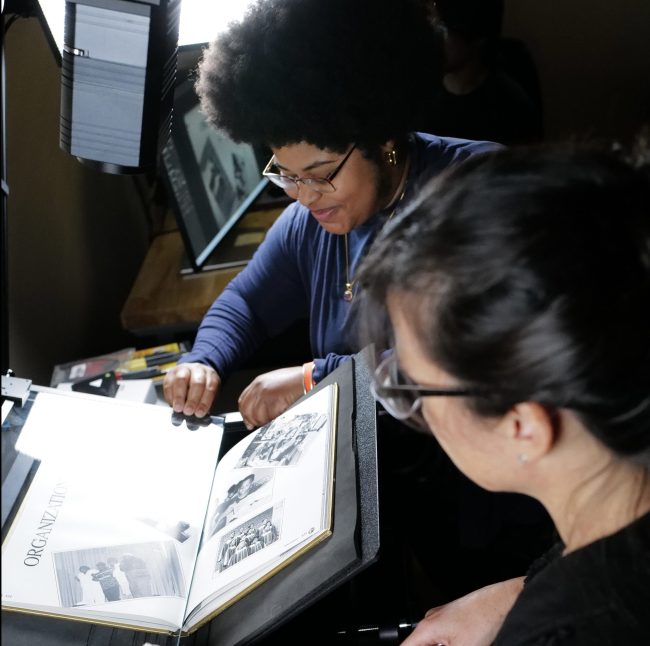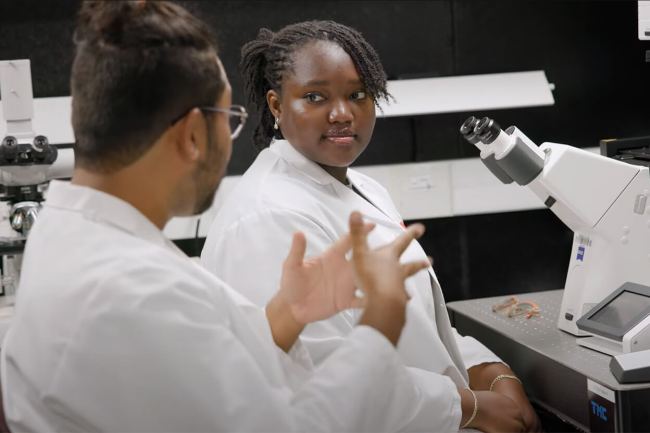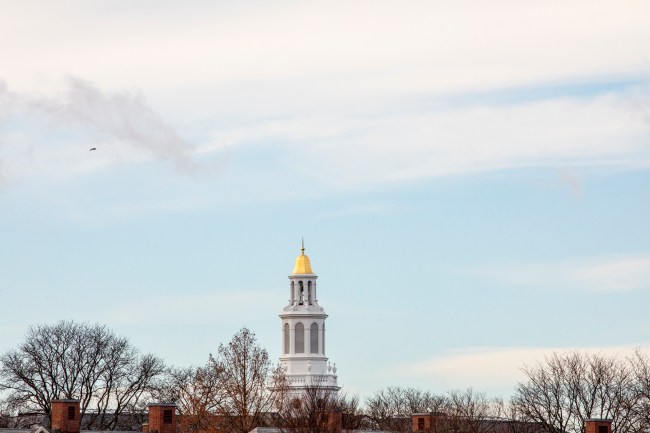HBCU Initiatives
HBCU Initiatives
A Brief History of HBCUs
Historically Black colleges and universities were established to educate Black students before 1964, during an era when segregation and discrimination were legal in the United States. Despite limited funding, they have been pivotal in producing Black professionals, leaders, and changemakers who have been instrumental in making the nation and the world more innovative, advanced, equitable, and just. Today, HBCUs act as a catalyst for personal, professional, and economic advancement at a higher rate than most institutions of higher education, even though they make up less than three percent of colleges and universities across the country.
As a result of the nation’s history of separate and unequal systems of education, HBCUs have often been underfunded and excluded from the benefits that many other universities enjoy. In spite of this long-standing disparity in treatment, Harvard, like other major universities, has greatly benefitted from the enrollment of HBCU alumni in its graduate and professional programs. These students have added immeasurably to the quality of education afforded all students at Harvard and have expanded knowledge and understanding in many disciplines.
Partnering with HBCUs
Recognizing the important role these institutions play in our society and at Harvard, the University is deepening its relationships with HBCUs by working towards implementing Recommendation 3 in the Report of the Presidential Committee on Harvard & the Legacy of Slavery to “Develop Enduring Partnerships with Black Colleges and Universities.”
As it does so, team members from the Harvard & the Legacy of Slavery Initiative and other units across the University have engaged alumni, faculty, and leadership from research-intensive HBCUs to better understand their needs and shared strengths in order to co-create, support, and inspire meaningful partnerships. Below are a few of the Initiative’s many current HBCU-focused partnerships.





![Asem Abdulahad, Nicole Dezrea Jenkins, coleman a. jordan [ebo], and Carmen Luz Cosme Puntiel](https://legacyofslavery.harvard.edu/wp-content/uploads/sites/15/2025/01/4-images-transparent.png?w=650)
